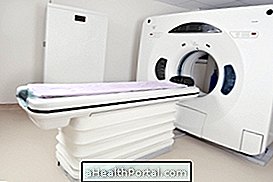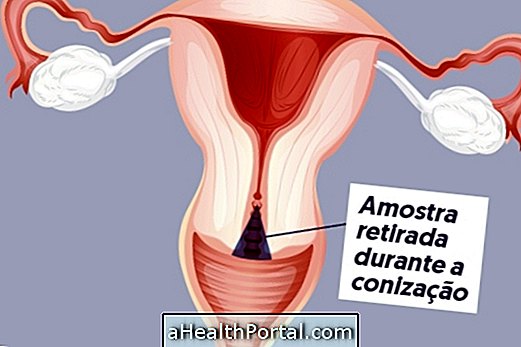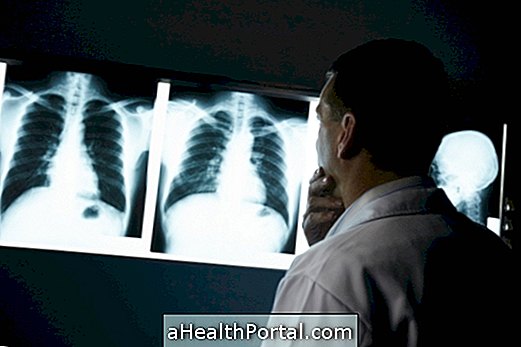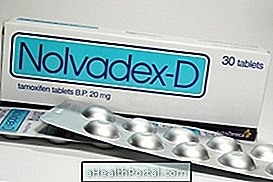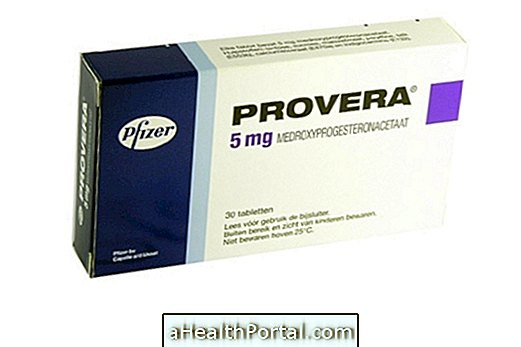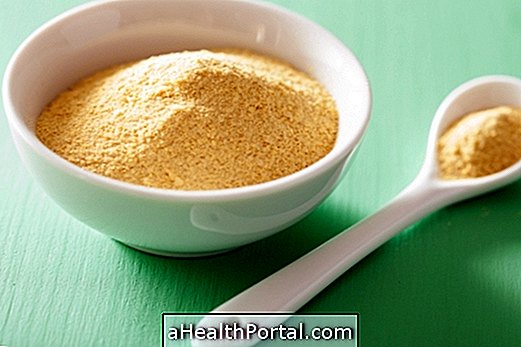Myoglobin test is a test that evaluates the amount of myoglobin in the blood. Myoglobin is a protein that is present in the heart muscle and other muscles of the body, providing the oxygen needed for muscle contraction.
Thus, myoglobin is not usually present in the blood, only being released when there is injury to some muscle after a sports injury, for example, or during an infarct, where the levels of this protein begin to increase in the blood 1 to 3 hours after the infarction and returns to normal after 24 hours.
Therefore, in healthy people, the myoglobin test is negative, only being positive when there is a problem in some muscle in the body.
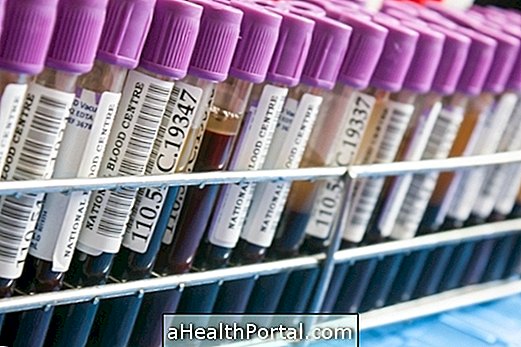
What is it for
Since it evaluates the presence of myoglobin in the blood, this test is requested when there is suspicion of a muscle injury caused by:
- Muscular dystrophy;
- Severe throb in the muscles;
- Muscle inflammation;
- Rhabdomyolysis;
- Convulsions;
- Infarction.
Although it can be used when there is a suspected infarction, the most commonly used test to confirm the diagnosis is the troponin test, which measures the presence of another protein that is only present in the heart and is not influenced by other muscle injuries. Learn more about the troponin test.
In addition, if myoglobin is confirmed in the blood and is very high, a urine test can also be done to assess renal health, since very high levels of myoglobin can cause kidney damage, impairing its function .
How is the exam done?
The main way to take the myoglobin test is by collecting a blood sample, however, in many cases the doctor may also order a urine sample, since myoglobin is filtered and eliminated by the kidneys.
For any of the exams, it is not necessary to make any type of preparation, such as fasting.
What does the result mean?
The normal result is that the test is negative or myoglobin values are less than 0.15 mcg / dL, since myoglobin usually is not in the blood.
Already values above 0.15 mcg / dL usually indicate a problem in the heart or other muscle in the body, so your doctor may ask for more specific tests such as electrocardiogram or cardiac markers to arrive at some more specific diagnosis.
Elevated levels of myoglobin may also be a sign of other non-muscle related problems such as excessive alcohol consumption or kidney problems, so the result should always be evaluated with the physician based on each person's history.

